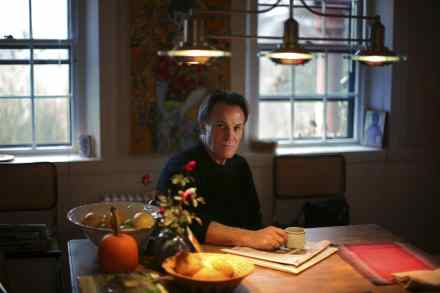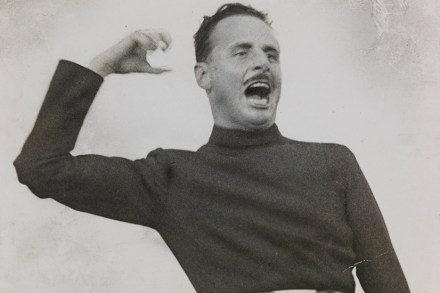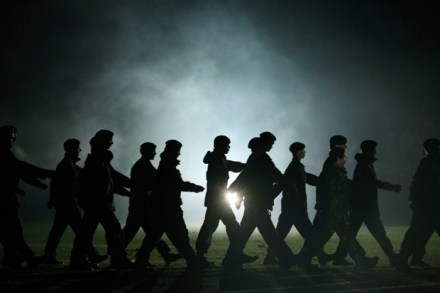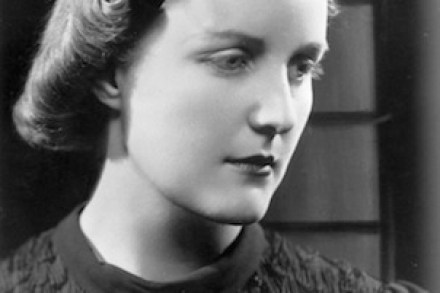The astonishing stories behind today’s culture wars: Radio 4’s Things Fell Apart reviewed
Martin McNamara, the writer of Mosley Must Fall, a play on Radio 4 this week, must have had a jolt when he opened the papers to find old Oswald back in the news. Oxford University is said to have accepted £6 million from a trust set up by the fascist leader’s son, the racing driver Max, using funds passed down through the family. Cries of ‘Rhodes Must Fall’ have been echoing down the High in Oxford for many years now. If Mosley must fall, too, then this play may prove particularly timely. Although set in Whitechapel, east London, in 1936, the story consciously teeters over live issues, including immigration, the












